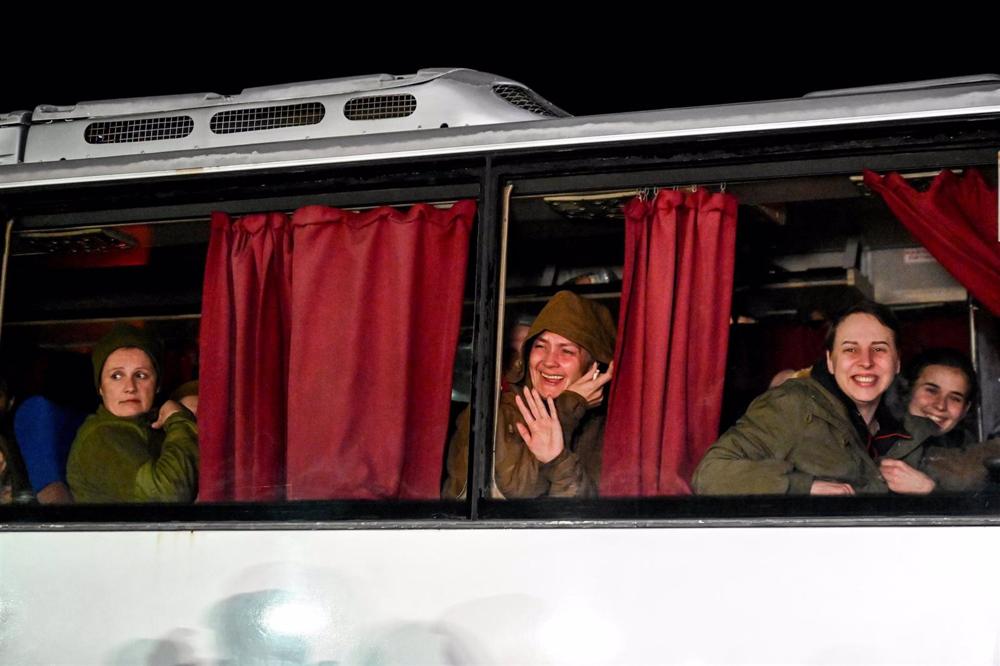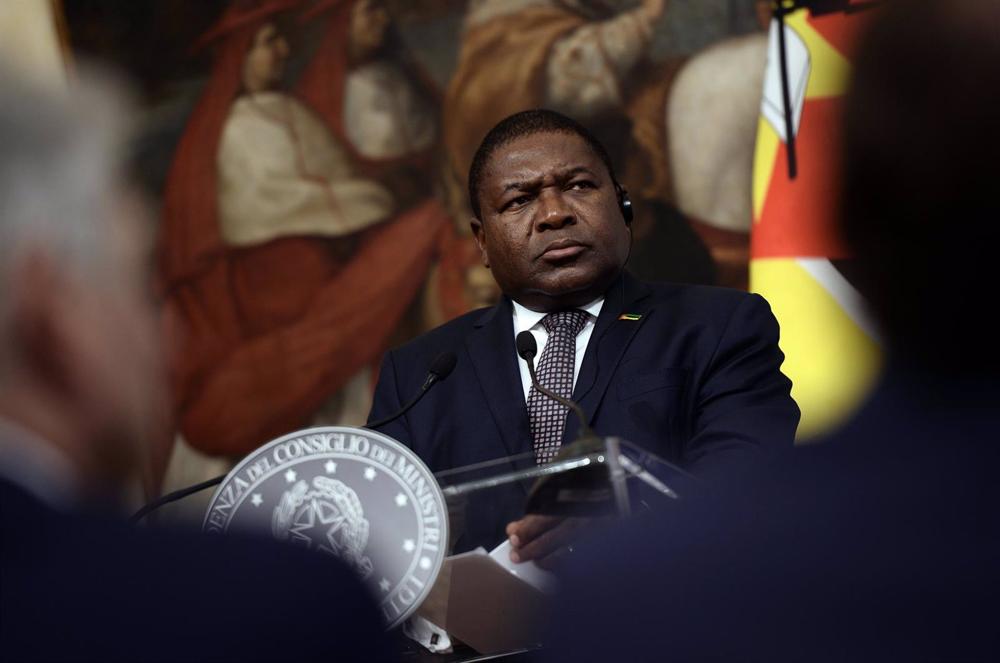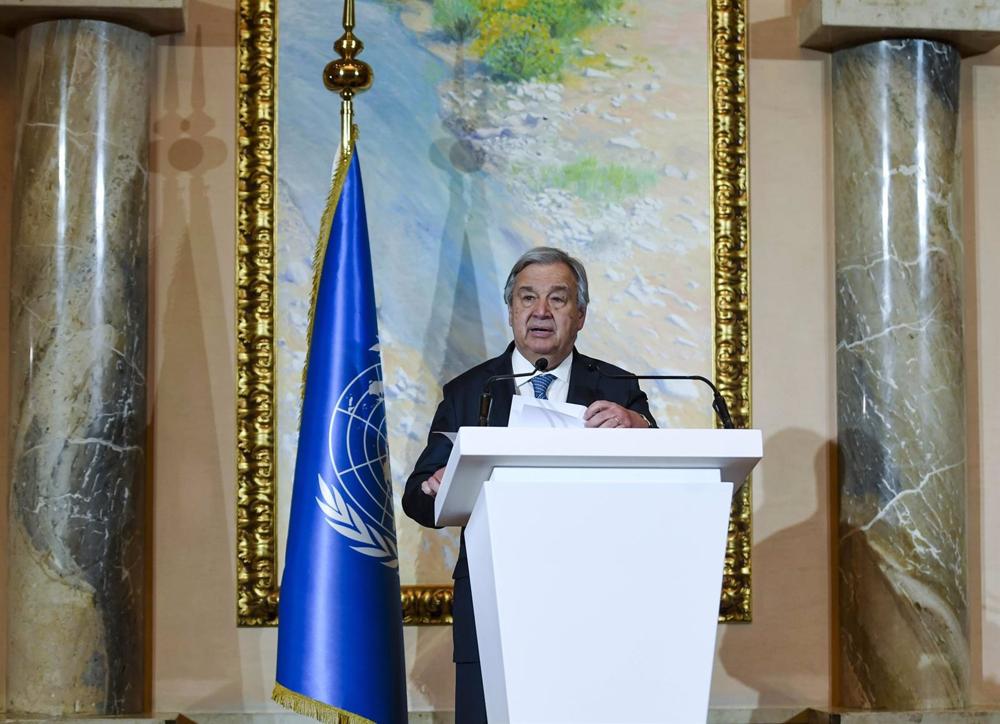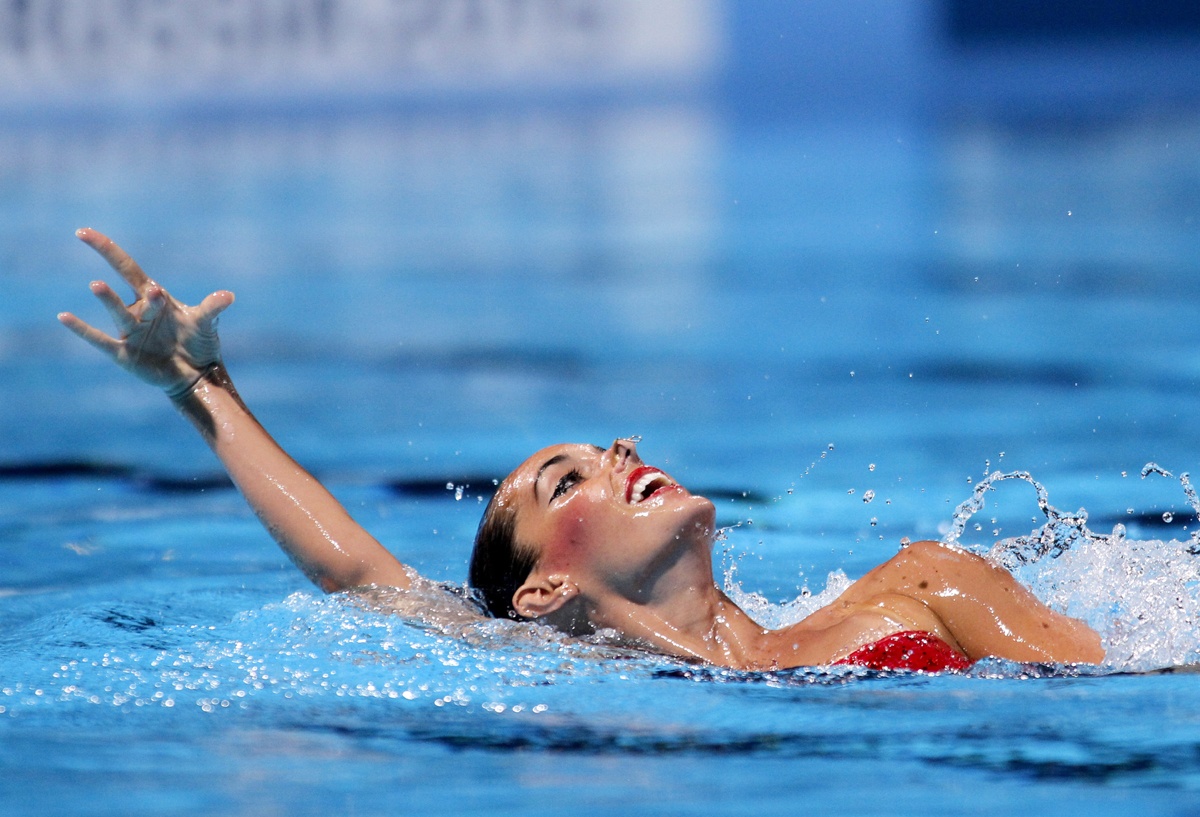
The UN mission investigating human rights violations in Ukraine has found that both the Russian and Ukrainian sides in the conflict have abused prisoners in their custody, despite an «absolute» ban on torture or ill-treatment of detainees, regardless of whether there is an armed conflict.
The head of the investigators, Matilda Bogner, took stock after interviewing 175 prisoners held by the Ukrainian authorities and 159 others imprisoned by the Russian side. In the latter case, the interviews were conducted after their release, as only Kiev has guaranteed the «confidential access» demanded by the experts.
In the case of the prisoners in Russian hands, the UN has noted in the first moments after the arrest beatings, theft of personal belongings and transfers in overcrowded vehicles and without access to toilets. The admission procedures in the centers where they are held are also abusive, to the point that at least one of the prisoners died in the process.
«The vast majority of the people we interviewed told us that they were tortured and mistreated during their imprisonment,» explained Bogner, who reported that they were pressured for information or simply humiliated. In the Olenivka prison colony, in the Donetsk region, at least eight people are said to have died, according to the testimonies collected.
Burns, beatings, mock executions and sexual violence are among a list of systematic abuses, in a context that is already «harsh», as the prisoners are kept in overcrowded cells, with hardly any hygiene and severe shortages of food and water.
One of the victims interviewed for this report told the United Nations how pro-Russian militiamen gave him electric shocks to his genitals and nose. «They did it just for fun, not interested in my answers to their questions,» he explained.
The abuses also extend to the Ukrainian side, with «credible allegations» of summary executions outside combat operations and «several cases of torture and ill-treatment», including beatings, electric shocks or equally «humiliating» transfers, in the words of the head of these investigations.
The UN does differentiate between the two sides since, apart from the access given to the investigators, it has also been able to confirm that criminal proceedings have been opened in Ukraine to examine the alleged POW warnings. «We expect progress in these cases,» Bogner warned.
ACCOUNTABILITY Not surprisingly, «the fundamental obligation of a state is to treat all prisoners of war humanely at all times, from the moment they are captured until their release and repatriation,» as stipulated in the Geneva Conventions to which both Russia and Ukraine are signatories.
Bogner also pointed out that «the prevention of torture involves ensuring that independent monitors have access to detainees» and advocated ensuring accountability in any context, including war, as «it is key to deterring and preventing further violations». «Both parties must do so in a fair, prompt and impartial manner,» he reiterated.






